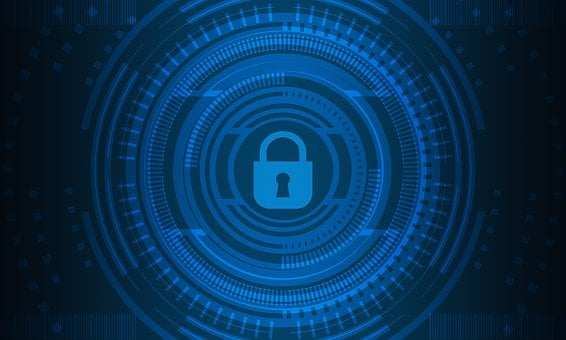

Protecting data is one of the significant duties of companies and organizations. With the increasing cases of fraud, hackers, and criminals associated with data theft, everyone is trying to keep their data safe. That’s why cybersecurity should be taken seriously.
Both your customers and employees depend on you to keep their data safe. But how will you ensure the safety of your data? Well, below are some tips to help you secure your data:
1. Encryption
Other than preventing data loss, encryption protects your organization from hackers trying to access your data. It will not just protect your sensitive data from hackers but also data mistakes from employees.
Encryption will help protect your data in use, in motion, and at rest. You can secure your data more with end to end encryption cloud. Any unauthorized person won’t have access to your sensitive data. Only you (as the sender) and your recipient will have the decryption keys.
2. Use Strong Passwords
You should be very creative when selecting a password to protect data. Try to set a strong yet easy to remember password. You can mix letters and symbols that are not so obvious.
If you write it down for reference, preserve it well in a place where no one can get hold of it without your permission. Never leave your password on a paper sheet or anywhere that is not safe.
3. Store Your Data in the Cloud
Cloud can be an excellent backup solution when storing data. You won’t lose your data even if your computer or laptop is tampered with as the data is not stored on a local device.
However, in cases where cloud services use automatic backups, you should be aware of data types backed up to your cloud application and put limits on what you don’t want to be uploaded.
4. Turn Off Your Computer
When you are done with your device, be sure to turn it off. Leaving your device unattended and connected to the internet gives a chance to hackers and other unauthorized persons. Your lost or stolen device may form a fertile ground for cybercrime, especially if your gadget is connected to the internet.
5. Avoid Using Public Wi-Fi
Public Wi-Fi allows you to stay connected to the internet almost everywhere – in hospitals, airports, hotels, just to mention a few. For those who like to continue working or browsing in public places find this convenient.
But can public Wi-Fi pose a threat to your data?
Yes! Cybercriminals can use these spots to access your gadget and interfere with your personal information. Whenever using public Wi-Fi, turn off all the sharing features to prevent other people from accessing your documents and other private information on your device.
6. Dispose of Old Hard Drives Safely
With new and advanced technology coming up, you may find it convenient to shift to a newer and faster hard drive. Ensure that the old hard drive is well cleaned and shredded to avoid leakage of sensitive data. Dispose of the unwanted hard drive safely and correctly. The only way to completely remove all traces of data from a hard drive is with safe and professional destruction, so consider using shredding services to dispose of these correctly.
7. Train your employees
The majority of companies are victims of phishing. This is where scammers sent emails pretending to be real customers only to steal from them.
All your employees should be trained not to reveal any information to any unknown person. This is especially important for high-ranking employees. A basic form of phishing targets high-ranking staff who handles vital information. Since phishing can be hard to detect, equipping your employees with the necessary skills is key.
8. Backup Your Data
While companies are worried about hackers, you should also be concerned about losing your sensitive data.
Ransomware is among the rising threats of hacking. Ransomware can quarantine your data and ask you to pay a ransom, failure to which you may lose your data.
You can easily protect your data from ransomware by backing it up regularly. Even if a hacker threatens to delete your data, you won’t worry because you have a backup. Set up an automatic backup to avoid forgetting to back up your data.
However, a backup shouldn’t replace other security measures that your company has undertaken.
9. Install Antivirus Software
Antivirus has, for a long time, been used to prevent viruses. Well, it seems it is also an essential part of your data security.
Anti-virus can protect your device and your sensitive data from malware. However, ensure to get your AV from a trusted and reliable supplier. Also, ensure to run your antivirus on one device to avoid interfering with the malware signature, which can slow down your device.